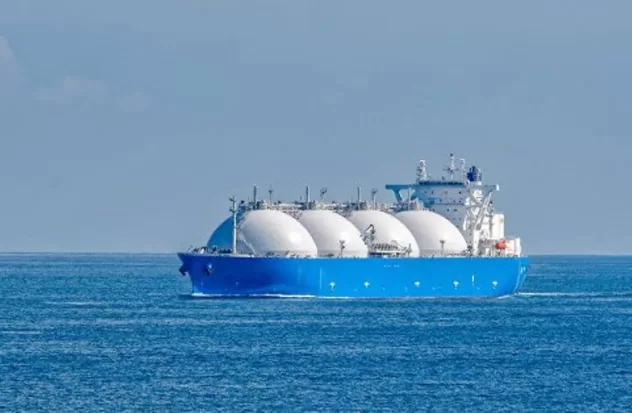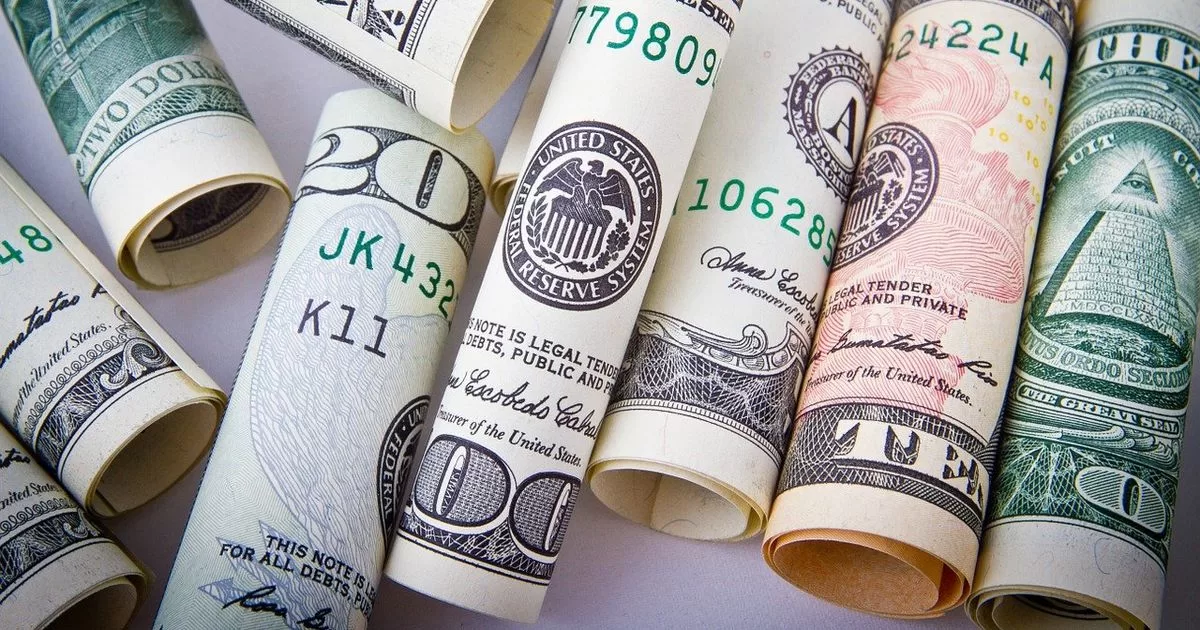ONE — Saudi Arabia y Russia, The two countries that lead the alliance of oil exporting countries OPEC+, announced this Sunday that they will extend voluntary cuts in their production until mid-2024 to try to boost prices.
Saudi Arabia, the largest exporter of raw of the world, “will extend its voluntary cuts of one million barrels per day, which it implemented in July 2023, until the end of the second quarter of 2024,” a source from the Ministry of Energy informed the official press agency (SPA).
“Subsequently, in order to maintain market stability, these additional cut volumes will be gradually reversed based on market conditions,” the Saudi ministry source added.
Russia announced almost simultaneously that it will cut its oil production by 471,000 barrels per day in the second quarter and stated that this decision was made “in coordination” with countries of the Organization of the Petroleum Exporting Countries (OPEC).
OPEC is a historic cartel of producers that includes Venezuela and has an alliance with other countries led by Russia, known as OPEC+.
Russia will apply an “additional” voluntary reduction in its production of 350,000 barrels per day in April, 400,000 in May and 471,000 in June, Russian Deputy Prime Minister in charge of Energy, Alexander Novak, said in a statement.
Regarding exports, the reduction will be “121,000 barrels per day” in April and “71,000” in May, according to the Russian minister.
Iraq, an OPEC heavyweight, announced it will also extend its voluntary cuts of 220,000 bpd until mid-year.
In April 2023, several OPEC+ members decided to implement voluntary production reductions of more than one million barrels per day (bpd).
That surprise announcement briefly increased oil prices, but did not achieve its objective of supporting crude oil prices on a lasting basis, in a context of weakness after the covid pandemic.
Subsequently, at a meeting of OPEC+ countries in Vienna in June 2023, Saudi Arabia set the tone and stated that it would maintain its production cut.
After this Sunday’s extension, Riyadh will produce nearly nine million bpd, well below its capacity to pump 12 million bpd.
Russia joins the “efforts”
For its part, Russia has already agreed to a voluntary cut in its production of 500,000 barrels per day announced in April 2023 and which will be in force until the end of this year, as part of an effort by OPEC+ countries to stop the fall in prices. prices.
The measure seeks to “strengthen the precautionary efforts deployed by OPEC+ countries in order to support the stability and balance of oil markets,” Novak explained in the statement published by the Russian government.
Hydrocarbon sales are a fundamental income for Moscow, whose economy is aimed at financing its military invasion of Ukraine, which began in February 2022.
Two years ago, Western powers allied with Ukraine imposed unprecedented sanctions against Russia, including the energy sector, forcing Moscow to reorient its exports towards Asia, especially China and India.
Other countries in this cartel of crude oil producers, such as Kuwait, are expected to maintain a prolongation of the cuts, although on a smaller scale.
Investors expected the extension of the cuts and before the announcement, oil prices rose on Friday on expectations that the reduction in production would be confirmed.
The US West Texas Intermediate (WTI) exceeded $80 for the first time since November and a barrel of North Sea Brent crude oil reached its highest level in a month and closed the day up 2%, at 83.55 Dollars.
These levels are still far from the level of almost $100 at the end of September, and very far from the $140 to which oil rose after the Russian invasion of Ukraine in 2022.
Source: With information from AFP



